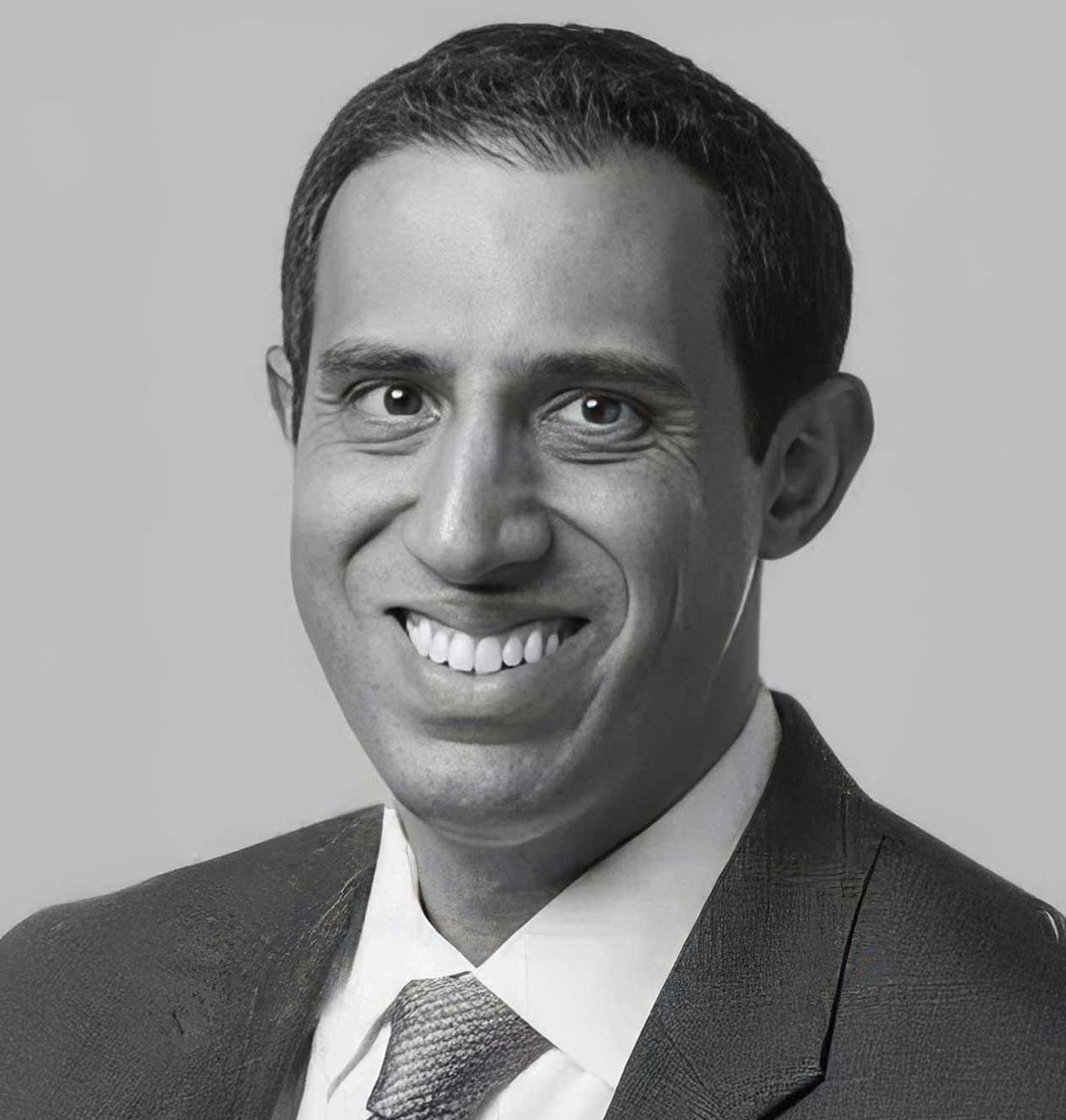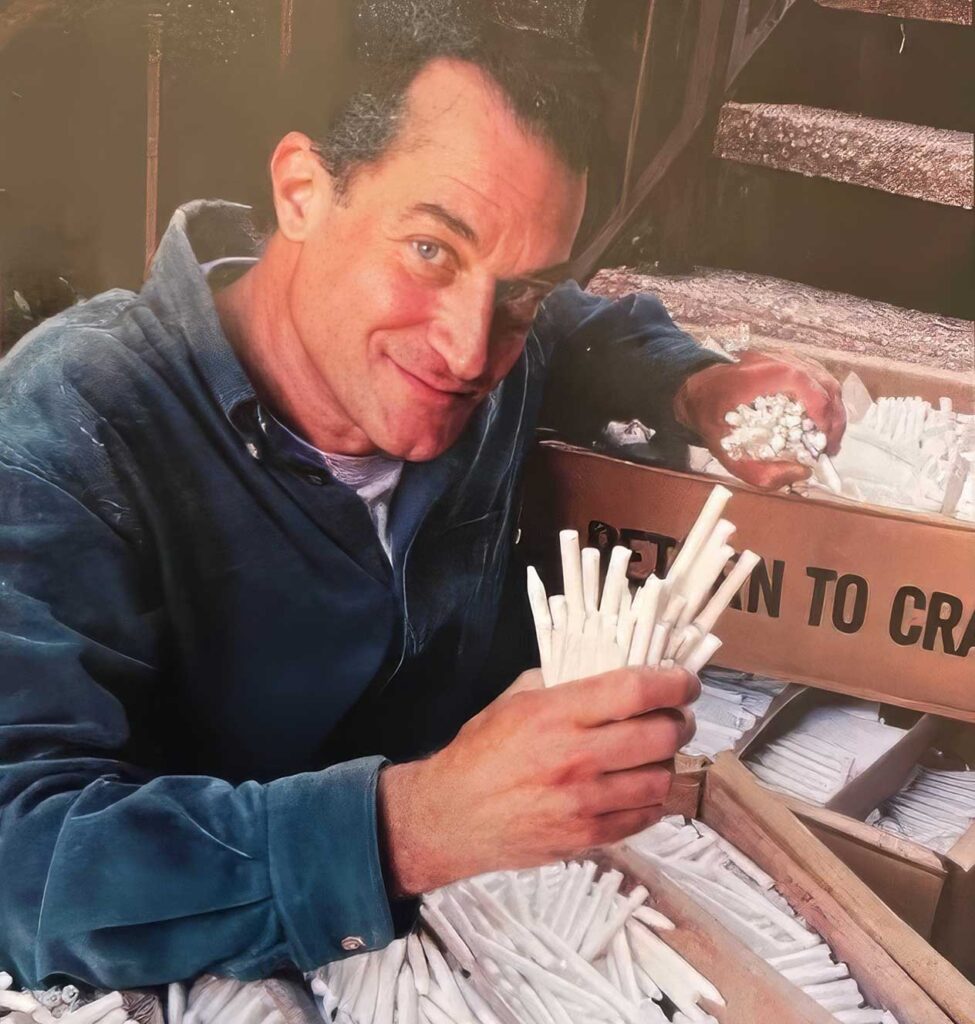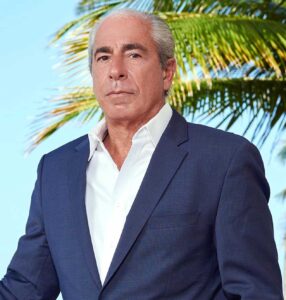Share Your Story with Trial Lawyer’s Journal
Trial Lawyer’s Journal is built on the voices of trial lawyers like you. Share your journey, insights, and experiences through articles, interviews, and our podcast, Celebrating Justice.
Stay Updated
Sign up for our newsletter to get the latest from TLJ.
What is Daubert Vulnerability?
Daubert vulnerability refers to the risk that a party’s expert witness testimony may be excluded from trial under the Daubert standard—a legal test used by courts to assess the reliability and admissibility of scientific or technical expert evidence. If an expert’s methods or opinions don’t meet these standards, they can be excluded, potentially weakening the case.
This concept is especially important in personal injury and mass tort litigation, where expert testimony often plays a central role in proving causation, damages, or product defects.
What is the Daubert standard?
The Daubert standard comes from the 1993 Supreme Court case Daubert v. Merrell Dow Pharmaceuticals, Inc. It gives trial judges a “gatekeeping” role to ensure that expert testimony is both relevant and scientifically reliable before being presented to a jury.
Courts assess whether the expert’s methods are based on sound science, have been peer-reviewed, are testable, and are generally accepted in the relevant scientific community.
Applies to scientific, technical, or specialized expert testimony.
Judges evaluate reliability, not just the expert’s credentials.
Factors include peer review, error rate, testing, and general acceptance.
Used in federal courts and many state courts that have adopted Daubert.
What makes an expert “Daubert vulnerable”?
An expert is considered Daubert vulnerable if their testimony is likely to be challenged—and potentially excluded—under the Daubert standard. This can happen if the expert’s opinions are based on unreliable methods, lack peer-reviewed support, or rely too heavily on speculation or litigation-driven research.
A successful Daubert challenge can cripple a plaintiff’s or defendant’s case, especially when key elements like causation rely on expert opinions.
Lack of peer-reviewed support for the expert’s conclusions.
Use of novel or untested methodologies not generally accepted in the field.
Over-reliance on subjective judgment without objective validation.
Inadequate qualifications or prior exclusions in other courts.
How do Daubert challenges affect personal injury cases?
In personal injury and mass tort cases, expert witnesses often testify about medical causation, economic damages, or product defects. If a court grants a Daubert motion to exclude, it can eliminate a plaintiff’s ability to prove a necessary element—leading to dismissal or a much weaker case at trial.
Attorneys must vet their experts carefully to avoid Daubert vulnerabilities and be prepared to defend them during pretrial motions.
Excluding a medical expert may prevent a plaintiff from proving causation.
Financial or life-care experts must base opinions on accepted methods.
Defense experts can also be excluded if their analysis is unreliable.
Courts may hold Daubert hearings to decide admissibility before trial.
How can lawyers avoid Daubert vulnerability?
Avoiding Daubert vulnerability requires selecting highly qualified experts who rely on reliable, established methodologies and can defend their work under scrutiny. Attorneys should vet potential experts thoroughly, review past testimony, and ensure that their opinions are based on more than just experience or speculation.
A well-supported expert report can help withstand Daubert challenges and strengthen a case.
Choose experts with published, peer-reviewed work in the relevant field.
Ensure methodology is testable, validated, and widely accepted.
Prepare experts for deposition and cross-examination on methodology.
Review past Daubert rulings involving the expert, if any.
Conclusion
Daubert vulnerability is a critical concern in any case relying on expert testimony. If an expert’s methods aren’t reliable or accepted, their testimony could be excluded—derailing your entire claim. Understanding how the Daubert standard works and how to prepare experts accordingly is essential to protecting your case in court.
What is Daubert vulnerability?
Daubert vulnerability refers to the risk that an expert’s testimony will be excluded from trial because it doesn’t meet the reliability standards required by the Daubert ruling.
What happens if an expert fails the Daubert standard?
If an expert is found unreliable under Daubert, the court may exclude their testimony entirely, which can seriously damage the case—especially in claims involving technical or medical evidence.
Can Daubert apply to non-scientific experts?
Yes. While Daubert originally focused on scientific evidence, courts have extended it to cover all types of expert testimony, including economics, engineering, and medical opinions.
How do I know if my expert is Daubert vulnerable?
Check whether the expert’s methodology is widely accepted, peer-reviewed, and testable. Also, review any past court rulings where the expert has been challenged or excluded.
Featured Articles
-
Glossary
What is a Demurrer Judgment?
What is a Demurrer Judgment? A Demurrer Judgment is a court ruling issued after a defendant files a demurrer, arguing that the plaintiff’s complaint.
-
Glossary
What is the TPPRA?
What is the TPPRA? The TPPRA, or Third Party Payor Recovery Act, is a legal statute—most notably used in states like Texas—that gives third-party.
-
Glossary
What are Jury Instructions?
What are Jury Instructions? Jury instructions are the formal legal directions given by a judge to the jury before deliberation in a trial. These.
Explore our Contributors
Discover Next
Insights from Experts
Learn from industry experts about key cases, the business of law, and more insights that shape the future of trial law.







